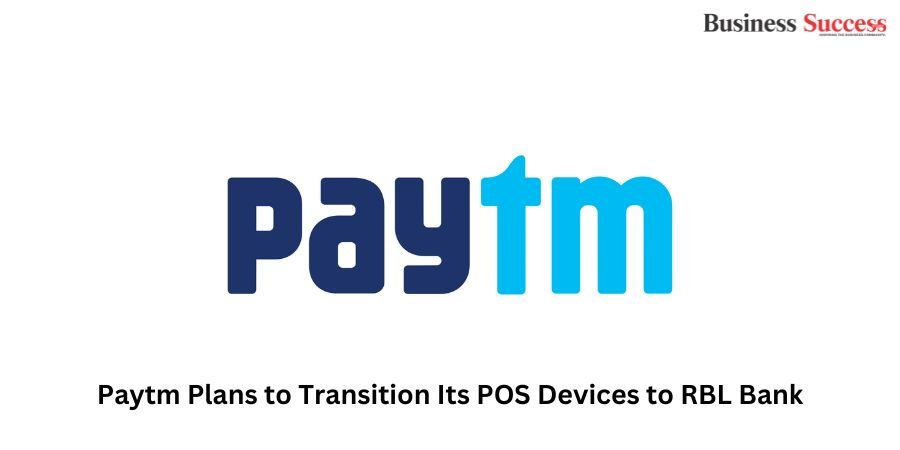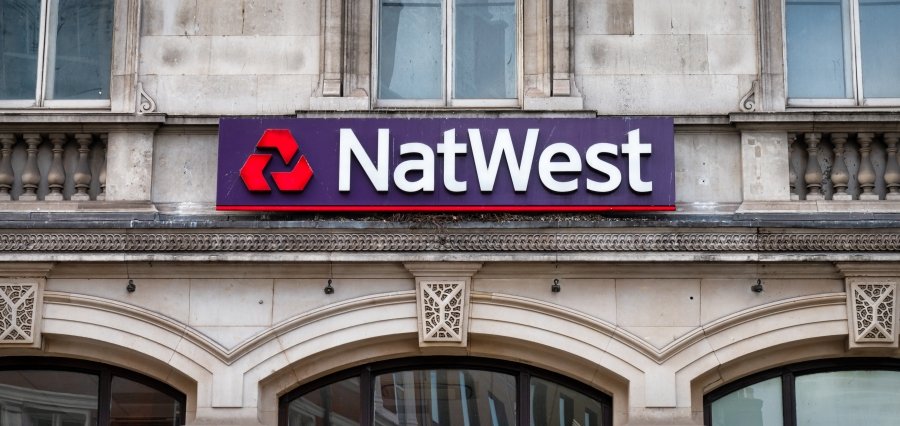It appears that Paytm, a leading figure in the fintech industry, is in the process of transitioning its point of sale (PoS) hardware, which facilitates card payments at various business locations, to RBL Bank. Despite this shift, the operational and management aspects of these devices will remain under Paytm’s purview, ensuring they continue to bear the Paytm branding, with RBL Bank taking over the processing of transactions.
This operational change introduces a new pathway for transactions made through Paytm’s PoS systems, utilizing a banking process known as the ‘bin’ to settle transactions made with major card providers like Visa, Mastercard, and RuPay through RBL Bank.
Furthermore, the movement of funds from these transactions will proceed to Axis Bank’s nodal accounts for the final settlement with merchants. Paytm has also been reported to potentially open nodal accounts with more banks in the future, though Axis Bank is the primary bank in use currently.
In addition, recent developments have seen Paytm transitioning the nodal account associated with Paytm Payments Bank over to Axis Bank. This change was strategically implemented through the creation of an escrow account with Axis Bank, aiming to maintain uninterrupted merchant settlements. This adjustment followed a directive from the RBI restricting Paytm Payments Bank from engaging in certain financial activities, with deadlines set initially for the end of February and subsequently extended into mid-March.
Adding to its suite of financial services, One97 Communications, Paytm’s parent entity, has recently acquired a Third-Party Application Provider (TPAP) license from the National Payments Corporation of India (NPCI). This license empowers the company to extend Unified Payments Interface (UPI) services through a multi-bank model, collaborating with several leading banks, including Axis Bank, HDFC Bank, State Bank of India, and Yes Bank, as payment service provider banks.
These series of financial maneuvers and regulatory adjustments come amid a tumultuous period for Paytm, marked by a significant downturn in its share value. This financial turbulence has also influenced the investment decisions of several mutual funds, leading to a notable divestment in One97 Communications shares within the last month, reflecting broader market responses to these operational and regulatory changes.









